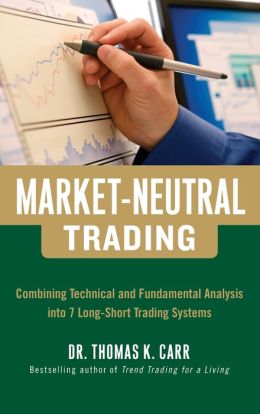How fragile we are. Five years on from the Lehman Brothers collapse, political and regulatory errors have made the world’s financial system even more fragile.
This alarming line of thought comes from Nassim Nicholas Taleb, best known for The Black Swan, which explained markets’ difficulties in pricing extreme events for which they had no precedent.
Mr Taleb, who spoke to me in London last week, divides opinion. For some he is a genius, for others a charlatan. What seems clear, however, is that his gloriously charismatic act and polymath choice of imagery, drawn from philosophy, mathematics and the Classics, can get in the way of underlying ideas which are not in fact far-fetched. Indeed they contain a hard kernel of commonsense truth.
Here, then, is an attempt to render Mr Taleb’s poetic arguments in prose. (more…)

 Maneet Ahuja’s 2012 book
Maneet Ahuja’s 2012 book 
 Thomas Carr is the CEO of an advisory and trader training service, designer of a MetaStock add-on toolkit, and partner in an investment firm. Known online as Dr. Stoxx, he is the author of Trend Trading for a Living and Micro-Trend Trading for Daily Income. His latest work is Market-Neutral Trading: Combining Technical and Fundamental Analysis into 7 Long-Short Trading Systems (McGraw-Hill, 2014).
Thomas Carr is the CEO of an advisory and trader training service, designer of a MetaStock add-on toolkit, and partner in an investment firm. Known online as Dr. Stoxx, he is the author of Trend Trading for a Living and Micro-Trend Trading for Daily Income. His latest work is Market-Neutral Trading: Combining Technical and Fundamental Analysis into 7 Long-Short Trading Systems (McGraw-Hill, 2014).